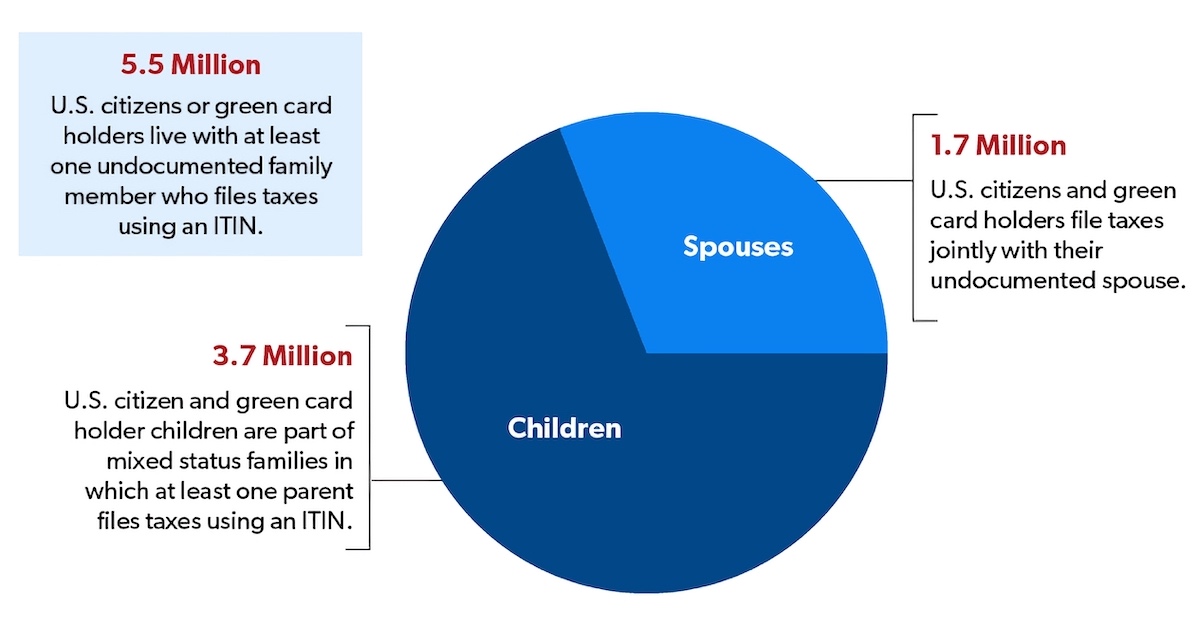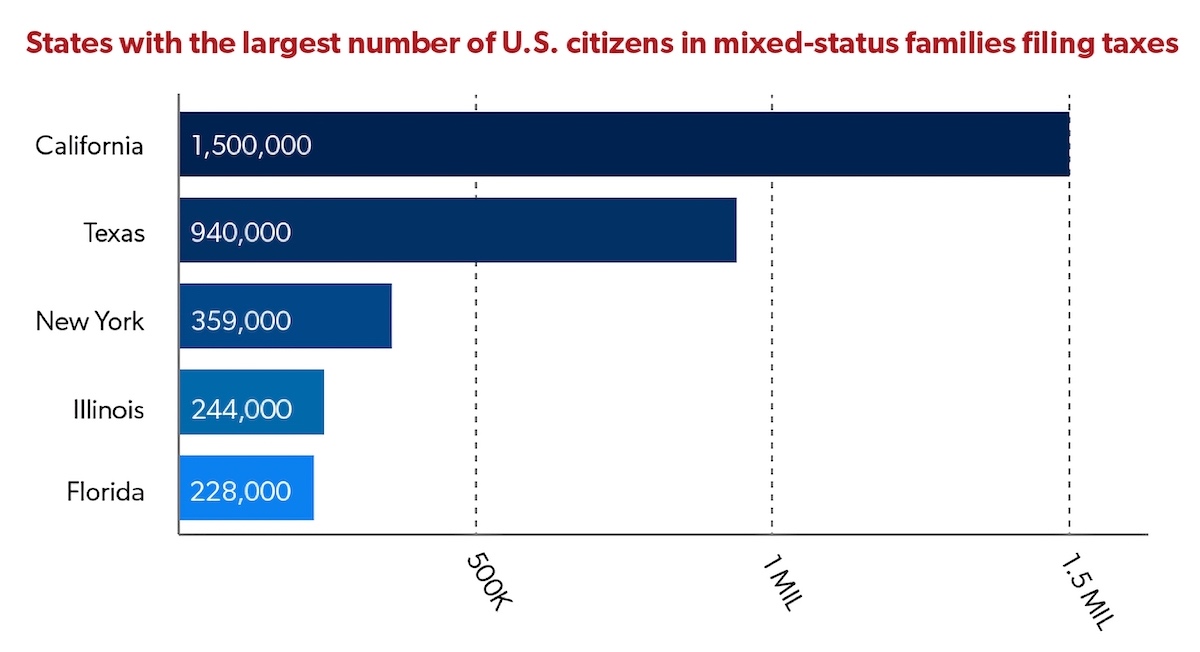Student Blog
Admissions
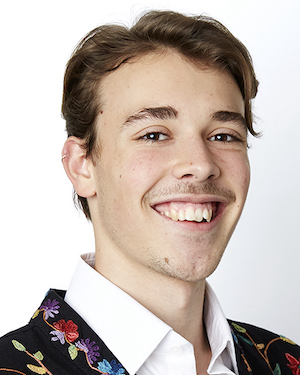
Into the Unknown: From Outer Space to OT ⟩
August 29, 2021, by Seth
Admissions What are OS/OT?
I wanted to see the stars.
As a kid I went through all of the answers to the question: “What do you want to be when you grow up?” and I thought I had it all figured out. To be fair, it wasn’t always so clear. There was the time I wanted to be an archaeologist and then an architect, but eventually as I grew and matured I settled on something a bit more nuanced; not an astronaut, but an aeronautical engineer! And I was determined to make it happen. From that moment on, I decided to commit myself and dive right into my high school’s engineering program. Maybe if I had looked further down the alphabet, and by that I mean, anything past the letter “A,” I could’ve saved some time and some sleepless nights. You live and you learn.
But at this point you must be confused, right? You’re on the Chan Division of Occupational Science and Occupational Therapy student ambassador blog page and I’m here talking about space and high school. So what gives? What changed? To be honest, it was just by coincidence (followed by a lot of research). At that point in my life, I was so focused on building trebuchets and cardboard boats that I had light heartedly decided to interview for a week-long mock-government program for my U.S. History course. Everyone told me it would look good on an application so I applied and, you guessed it, I was waitlisted. Fortunately for me the event was being hosted at a local university so if anyone did not accept (and they didn’t) I was in!
I spent the week running for the mock-position of Ohio Attorney General. I ran my campaign, I took the Bar exam three times (and failed three times), and at the end of it all I ended up at the unemployment fair because I had lost the election. I ended up being appointed as the medical director of the Ohio Department of Mental Health and Addiction Services where I spent the remaining days writing legislation, devising programming, and discovering what my passions really were.
I came back from the week not just to my house, but to the drawing board. I had a vague idea of what I was looking for (you know, the standard “helping others” umbrella) so I hit the ground running. I ended up on the CollegeBoard’s major database, selected the “helping others’’ filter, and went digging … through all 1,800 different majors … one by one. Then I made a list of twenty, did some more research, and settled on two: Speech and Language Pathology and Occupational Therapy. At that point, the choice became obvious. I just couldn’t go into S/LP after not doing the home exercise program a S/LP gave me so many years ago, I’d be a hypocrite! So OT it was.
From there, I applied to USC’s BS-MA program (now the BS-OTD) and I haven’t looked back. I fell head over heels with the idea that we are what we do, how we do it, and why. That these meaningful activities can impact our health and our quality of life. But most importantly, as I’ve continued along on my journey through OT, I’ve come to realize that the real stars weren’t in the sky, they are the people we work with, each of them glowing brightly with the possibility of their future and I am so appreciative that I can help them find their shine all while finding my own at the same time.
⋯
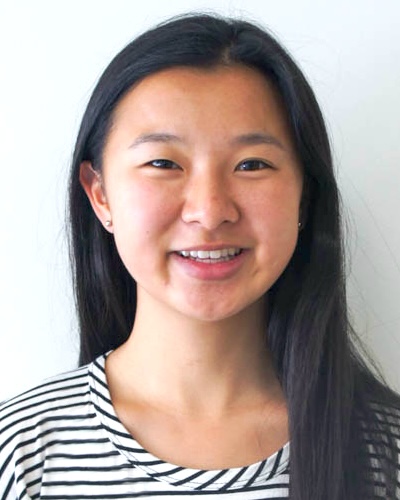
The Choice is Yours ⟩
April 16, 2021, by Bethany
Admissions
Congrats! To all of our undergraduate admitted students, you’ve made it! It’s been a long season of submitting applications and putting yourself out there, and now the power is in your hands. You get to choose where you want to go to school next fall.
Pursue your passions — With whatever choices you have available to you, remember that this is a time to learn. Part of why I chose USC as an undergrad school is because I was able to pursue OT, and at the same time, I didn’t have to give up my passion for music. I could be a part of the Trojan Marching Band and pursue a minor in Musical Studies. Since my faith is also important to me, I found Christian community at my school to support me. I looked for a school where I could continue to do what I loved. Consider what other classes you might want to take for fun, what clubs are available, and what life on and off campus might look like. You can even take a tour if you want to hear a student perspective!
Give yourself space to grow — I was nervous to choose such a large school. I came from a small city where the people I knew senior year, I had known since at least sixth grade, if not elementary school. But in the end, I decided that I wanted to get out of my comfort zone, to be okay with knowing when to advocate for myself and ask for help and to meet new people. Think about ways that you would like to grow. Even if a school doesn’t seem like a perfect fit for who you are now, would it push you to become someone you want to be?
Money, money, money — Finances are always a factor when considering schools. That’s why you should also consider that there are resources like scholarships, financial aid, and work study to support whatever decision you make. Personally, I found different scholarships and student jobs throughout undergrad and even now. The Chan Division provides some scholarships specific to the division. You can also find other scholarships associated with USC, and even more outside of the university!
It’s not the end — It may seem like you have to make a decision for the next four years of your life, so maybe it will surprise you to hear that whatever you choose, you’re not stuck in your decision. Many schools have transfer processes for both simple changes like switching majors to deciding to go to another university. Even beyond undergrad, you may have even more opportunities in your future choices (like which grad school you want to attend to pursue OT)!
Prioritize — There are many factors playing into your decision, and the ones listed above are only some of them. Maybe you want to stay in-state, or maybe you want to get as far away from home as possible for the next four years. Maybe you’ve had a dream school since you were little, but you’re not sure if it’s the right fit now. Take a deep breath. Figure out which of these factors is the most important for you to prioritize.
There’s a lot to think about, and it is a big decision. Be sure to get input from people you trust. But remember that in the end, this is your choice! And from here, there’s going to be so much to look forward to!
⋯

Preparing for Graduate School ⟩
March 31, 2021, by Savi
Admissions Life Hacks
As an ambassador, I have had the privilege of communicating with a large group of admitted Entry-Level Master’s students over the past few weeks. These students have expressed that they are both excited and nervous about what is to come. I definitely shared the same kind of emotions back when I was admitted. As an admitted student, you don’t know exactly what the future holds. For that reason, I have been receiving a lot of questions regarding how to best prepare for graduate school.
My biggest piece of advice is to forget about the idea of “preparing yourself” for the program in the typical way you may imagine.
Do not try to cram in as much reading about anatomy and physiology as possible before you enter into your summer session like I did. I promise you that it is not necessary (really . . . I’m not lying to you)! All I did by studying that material in my free time was tire myself out before I even sat down for my first day of class. Your professors have designed each course to cater to a wide range of prior knowledge levels, so don’t focus your time on studying material that will either be reviewed or is unnecessary to know.
Instead, take the next few months (or whatever time you have remaining before the start of the program) and relax as much as you can. Enjoy and appreciate every aspect of the life you are currently living and use the remaining hours you have in the day to participate in restorative occupations. Read that book you’ve always wanted to read, go on that hike you’ve been eyeing on the All Trails app, or watch that movie you’ve had saved on “your list” on Netflix because soon your life will become a lot busier. A lot of the free time you may have after work, on the weekends, or in between undergraduate classes will soon turn into time focused on finishing your homework, reviewing textbook readings, completing an essay or group project, or studying for the exam you have the next week.
The best way to prepare yourself for what is to come is by focusing on doing things you enjoy in your free time and acknowledging that the routine you are currently following will be drastically changed in a few short months.
So to all the admitted students out there reading this blog . . . know that it is OK to use this time to focus on taking care of yourself in order to be energized and mentally ready to take on whatever the next two years have in store for you. After you sit down for your first day of OT school, you can never go back to the place you are right now in your life. Take a deep breath and know that you will be able to tackle anything and overcome any hurdle that may come your way . . . but only if you focus on taking care of yourself before you start! I promise you’ll thank me later 😉
⋯
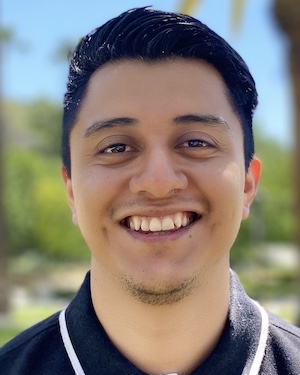
Mixed Status Families ⟩
March 29, 2021, by Daniel
Admissions Classes Diversity Fieldwork Life Hacks
According to the National Immigration Law Center, “a mixed-status family is a family whose members include people with different citizenship or immigration statuses. One example of a mixed-status family is one in which the parents are undocumented, and the children are U.S. born citizens”. The state of California has the largest number of U.S. citizens in mixed status families filing taxes, at 1.5 million people. This is a topic I would like to bring more attention to because many people may come from or know someone from a mixed status family, this includes students at USC and clients seen during fieldwork or residency, and this may not be something that is often brought up in the classroom. Personally, I live in a mixed status family, which includes DACA recipients and people without any documentation, with some extended family having other statuses as well.
Source: Migration Policy Institute, “Mixed-Status Families Ineligible for CARES Act Federal Pandemic Stimulus Checks” (May 2020), migrationpolicy.org/content/mixed-status-families-ineligible-pandemic-stimulus-checks
Source: Migration Policy Institute, “Vulnerable to COVID-19 and in Frontline Jobs, Immigrants Are Mostly Shut Out of U.S. Relief” (April 24, 2020) migrationpolicy.org/article/covid19-immigrants-shut-out-federal-relief
This past year has been really tough financially for my family and me. The multiple stimulus packages that were passed came with a lot of limitations for mixed status families. For example, as a USC student who is undocumented with DACA status, I was unable to apply to the CARES Act financial assistance for college students. After doing some research and waiting for the final relief bills to be amended and passed, I was fortunate to receive the stimulus check because I have a temporary work permit via DACA. However, not all undocumented students are DACA recipients, and many undocumented people did not qualify for anything, even though they pay taxes every year with an Individual Taxpayer Identification Number (ITIN) number. In the last year, I saw many people be excluded from federal assistance simply because of their immigration status, personally at home, with friends, and at residency. My parents and many of my clients in primary care were impacted by the exclusions in the COVID-19 relief bills, including the most recent under the Biden administration.
During this time, many families continue to rely on food banks, are behind on rent, and are surviving on the little help they can get. For example, I helped my parents and some of my clients apply to local and state specific relief programs which provided some financial assistance, but not nearly enough. And for many it’s not an easy process due to technology access, literacy levels, social support, etc. Last fall, I helped my parents write a letter and email it to a rent relief program that provided $500. I was appreciative that non-profit organizations and certain school departments took it upon themselves to be more inclusive and provide some type of financial assistance for students that may have not qualified for the CARES Act. As a current student, I was able to apply for the USC Ostrow Emergency Fund, the USC Graduate Student Government Emergency Assistance, and Immigranted (non-profit organization) for financial assistance to get through the year. Most of that assistance and my stimulus checks went to home expenses that my parents were simply unable to cover.
I believe this is an important discussion we need to have or at least consider in the academic setting and occupational therapy world. As I stated earlier, this impacts students at USC and in the OT programs, as well as clients being seen by occupational therapists/residents and/or fieldwork students. It’s important to consider how students may be navigating their own experience within a mixed-status family or perhaps have family/friends, clients, or colleagues that are experiencing this. As the Chan Division continues to push for more diversity and students from different backgrounds come in, it’s important to consider how prepared we are to support their education and clinical experience within the context discussed above.
No matter your political views, from an occupational therapy lens, we all have a responsibility to promote occupational engagement and occupational justice. This may include supporting clients navigating access to resources. As I found myself doing with my family and clients in primary care, I was that person that supported their own resource seeking as a means for survival during the pandemic. The reality is that not everyone has access to OT services or a family member who can help them seek resources. This is a very complex topic and there are many layers to it, perhaps many terms you may not be familiar with. I am always available for any questions (.(JavaScript must be enabled to view this email address)). I ask you to be open minded and encourage you to have these uncomfortable conversations. It is never too late to start learning and getting involved in the discussion. The COVID-19 pandemic revealed and exacerbated many of the disparities and social inequalities that have been there for many people in the United States, especially the undocumented population. I want to leave you with the questions below to reflect on:
- As a current or future occupational therapist, how are you going to support clients experiencing occupational injustices due to their immigration status?
- How are the needs of students within mixed-status families being met? How can we best support them in reaching their educational and professional goals?
References
Chishti, M., & Bolter, J. (2020, December 11). Vulnerable to COVID-19 and in Frontline Jobs, Immigrants Are Mostly Shut Out of U.S. Relief. Migrationpolicy.Org. https://migrationpolicy.org/article/covid19-immigrants-shut-out-federal-relief
Fact Sheet: Mixed Status Families and COVID-19 Economic Relief. (2020, August 13). National Immigration Forum. https://immigrationforum.org/article/mixed-status-families-and-covid-19-economic-relief
Mixed-Status Families Ineligible for CARES Act Federal Pandemic Stimulus Checks. (2020, December 9). Migrationpolicy.Org. https://migrationpolicy.org/content/mixed-status-families-ineligible-pandemic-stimulus-checks
The Affordable Care Act & Mixed-Status Families. (2017, October 20). National Immigration Law Center. https://nilc.org/issues/health-care/aca_mixedstatusfams
⋯

The A-Z’s of USC OT: Part II ⟩
March 22, 2021, by Bethany
Admissions Classes Living in LA What are OS/OT?
In a previous post, I began The A-Z’s of USC OT: Part I. So continuing right where we left off . . .
Occupation — Occupation is, of course, the focus of our profession and one of the focuses of our schooling. We do not compare ourselves to other professions, but rather learn how to advocate for the inherent value of our distinct perspective as OTs.
Program interconnectivity — As a BS-MA student, we get to meet a lot of OS minors through classes and the Pre-OT club. We join up with Entry-Level students for the graduate level curriculum. We get to learn alongside Post-Professional Master’s students and OTD students in our electives, and have PhD students as our TAs. From my experience, students get to interact with OTs in all programs.
Questions and answers — Questions about fieldwork? Scheduling? Applying to the OTD after finishing the Master’s? Clinical experience? Our faculty and staff (and student ambassadors!) are responsive to all of our queries. We are also paired with faculty mentors, who are matched based on our interests.
Rehab lab — In the Center for Health Professions, we have a lab for Adult Physical Rehabilitation that includes a hospital setting, a bedroom, bathroom, and fully-functional. We can practice creating and implementing interventions in a real space. You can check out the room on our virtual tour!
Shuttle — There is free transportation between campuses! The shuttle is accessible to everyone, not just students. And shuttle time is great for conversations, naps, or watching shows on your phone. One of the previous ambassadors, Noelle, recorded her shuttle trip.
Trojan Family — Whether it be cheering our team on to victory, ending up at a fieldwork site with USC alumni, or of course networking through the Trojan Network site, the Trojan Family is inclusive, extensive, and supportive.
Undergraduate Study — USC is one of the few schools to offer an undergraduate degree in Occupational Therapy, which helped me claim my identity as an occupational therapy student and learn to advocate better for the field. We also offer a minor in Occupational Science.
Vibrant student life — Around campus, you will find a bustle of students, whether they be grabbing food at the farmers market or Trader Joe’s or going to football games amidst a sea of cardinal and gold.
Well-established — USC’s OT program lives up to its name. We were the first Master’s degree in OT and the first PhD in OS. We developed Lifestyle Redesign, and we continue to be a top-ranked OT school.
X-amine yourself — Within our classes, we are given opportunities for introspection about how our own beliefs, communication styles, and backgrounds can affect how we come into a client-therapist relationship. For example, we complete a values checklist and share our results with our classmates, leading to (1) introspection, (2) learning to understand and listen to other perspectives, and (3) understanding the position of vulnerability we ask of our clients.
You’re not alone — Whenever I needed help, I had support from faculty. They worked with me to make sure I could participate in band for my senior year while taking classes. They looked at which fieldwork placements best suited my preferences and transportation needs. I’m happy to have resources to go to for anything I need in the program.
Zeal — One thing I have always admired about USC students is their passion. And now, I get to pursue my passion in occupational therapy alongside others who share that zeal to find ways to creatively help others do what they love.
Whew! 26 letters. Felt like a long list, but even so. It cannot sum up the passion for OT and the community that I found these past years. Regardless, I hope that I was able to give you a good glimpse into the program. 😊
⋯






